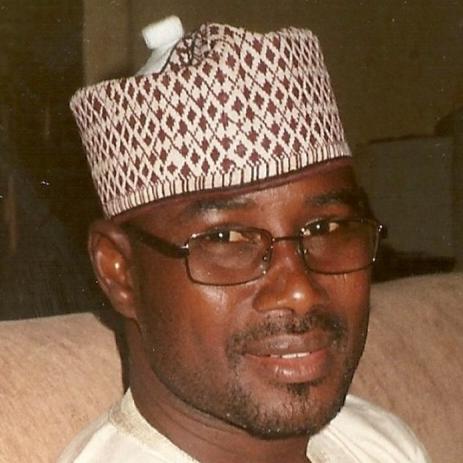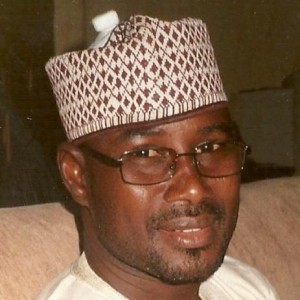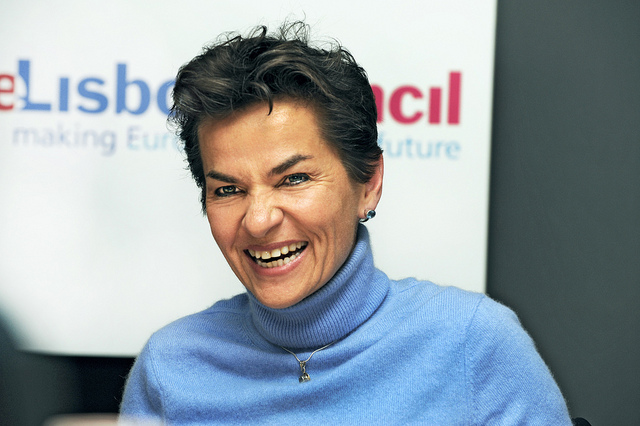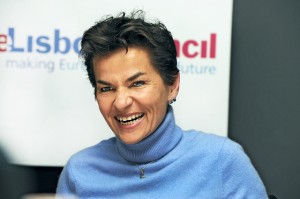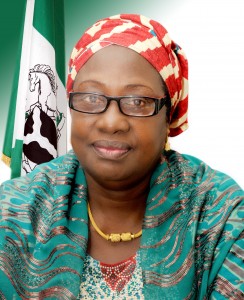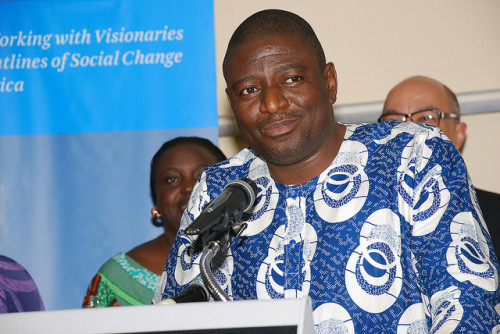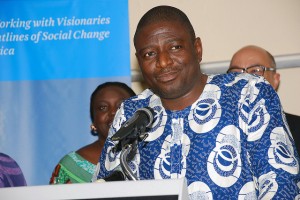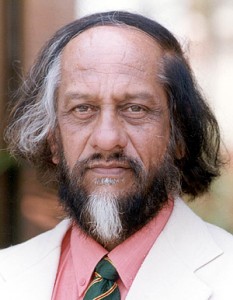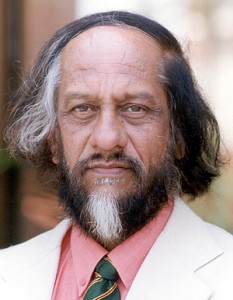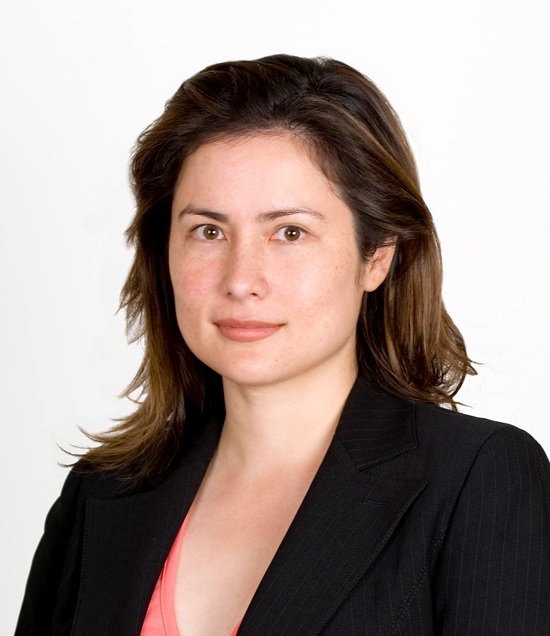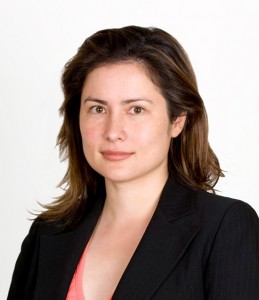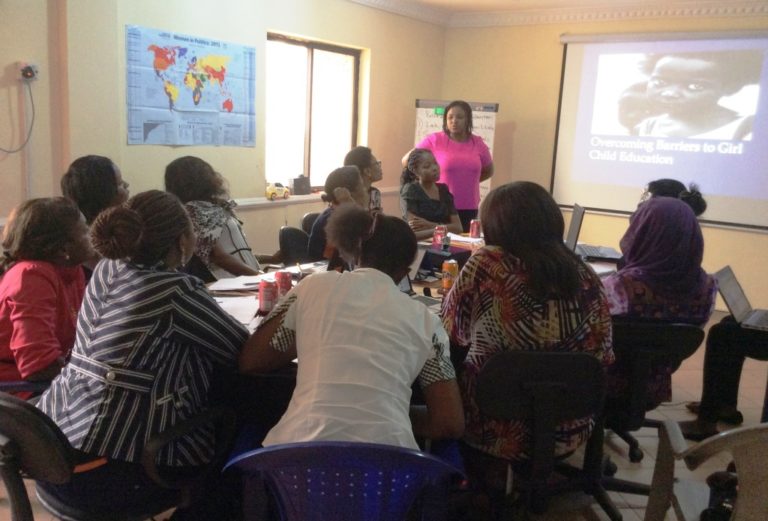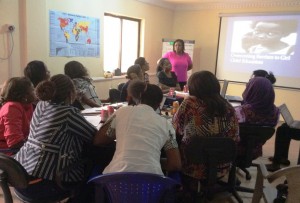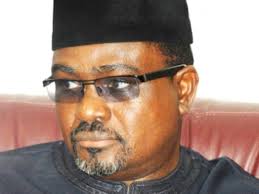 A doctor who treated one of those who had direct contact with Liberian-American, Patrick Sawyer, has died from the Ebola Virus Disease (EVD).
A doctor who treated one of those who had direct contact with Liberian-American, Patrick Sawyer, has died from the Ebola Virus Disease (EVD).
The doctor, resident in Port Harcourt, Rivers State, was said to have treated the patient who escaped from where he was quarantined after suspicion he must have come down with the EVD again.
Minister of Health, Prof. Onyebuchi Chukwu, who made the disclosure on Thursday morning, said the widow of the doctor informed the authorities of the death of her husband.
The corpse of the doctor, according to Chukwu is “not yet disposed of.”
Chukwu said at the briefing: “This primary contact of Mr Sawyer’s evaded our surveillance team in the last week of July 2014 and travelled out of Lagos to Port Harcourt where, as we now understand, he consulted with a doctor and was apparently treated for some symptoms. After four days, following a manhunt for him, he returned to Lagos by which time he was found to be without symptoms.
“This case would have been of no further interest since he had completed the 21 days of surveillance without any other issue, but for the fact that the doctor who treated him died last Friday, 22nd August, 2014.
“Following the report of this death by the doctor’s widow the next day, the case had been thoroughly investigated and laboratory analysis showed that this doctor died from EVD. As a result, several contacts have now been traced, registered and placed under surveillance. However, because the widow is now symptomatic, she has been quarantined pending the outcome of laboratory tests on her.
“The Incident Management Committee has already deployed a very strong team to Port Harcourt to work with the health authorities of Rivers State. Just like the situation has effectively been managed in Lagos and Enugu, the situation in Port Harcourt will also similarly be effectively managed and we have begun to do so.”
Chukwu said with the death of the doctor, the number of those who had died from the EVD in Nigeria now stands at six.
He said: “The total number of deaths from Ebola Virus Disease in Nigeria, therefore, is now six, the index case (Mr Sawyer), the four primary contacts that died in the isolation ward in Lagos, and a doctor that died in Port Harcourt whose blood sample tested positive after death. Also, 70 persons have been placed under surveillance in Port Harcourt.
“I want to charge the residents of Port Harcourt not to panic over this situation as the experience we have gathered from Lagos and Enugu respectively indicates that there is no cause for alarm when you have the government fully in control of the situation.
“Once again we appeal to all contacts under surveillance to abide by the advice given to them by the Incident Management Committee.
“With regard to Enugu, all secondary contacts will be followed up till tomorrow when they are all expected to be discharged from our surveillance.”
Chukwu said the escaped victim is a Nigerian but works for the ECOWAS Commission.
On the wife of the doctor, Chukwu said: “As we speak, she is still in Port Harcourt quarantined. We are taking her specimen this morning and send it to Lagos. We don’t know what the result will turn out to be but certainly if it turns out positive; it’s likely we will move her to Lagos.”
On the number of those under surveillance, Chukwu said: “In Enugu, we have six.
“In Port Harcourt, we have 70.
“In Lagos, we have 141.
“Since we started this journey of Ebola Virus Disease in Nigeria, 200 contacts have completed their 21 days and we are no longer tracking them.
“Out of the 70 in Port Harcourt, only one person has symptom presently.”
He continued: “The contact tracing moved immediately on Saturday to Port Harcourt.
“Then the treatment group moved in yesterday morning.
“The mobile laboratory will move to Port Harcourt on Saturday.”
On the escaped ECOWAS staff, Chukwu said: “We have brought him under quarantine.
“He’s not symptomatic.
“He doesn’t have Ebola virus in his blood.
“But we are also looking at other possible secretion….
“The man has anti-bodies showing that he has suffered it before but he’s not ill today.”
Sawyer brought Ebola into Nigeria on July 20 and died in a Lagos hospital on July 25.


